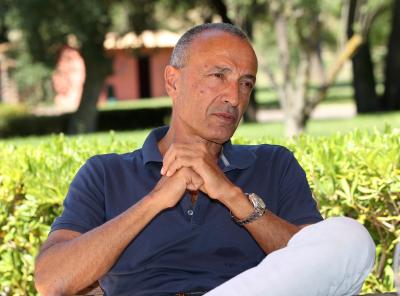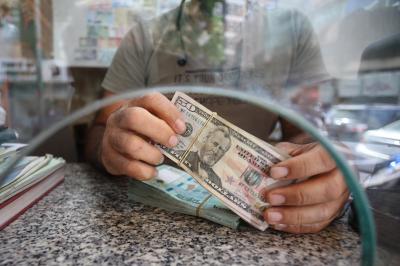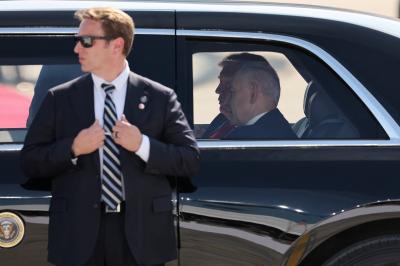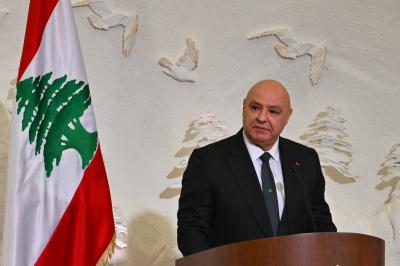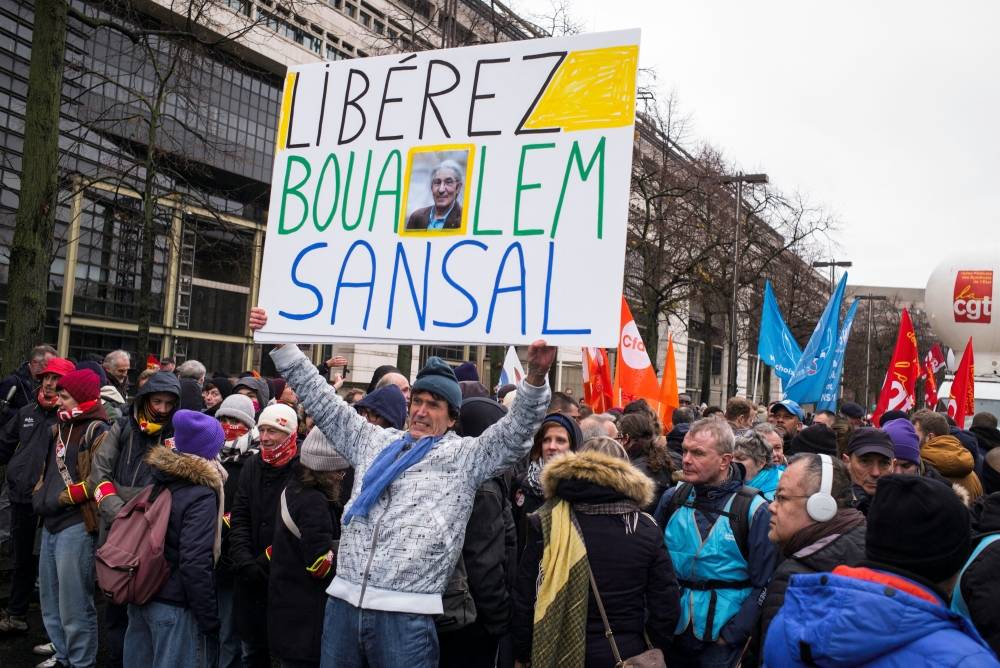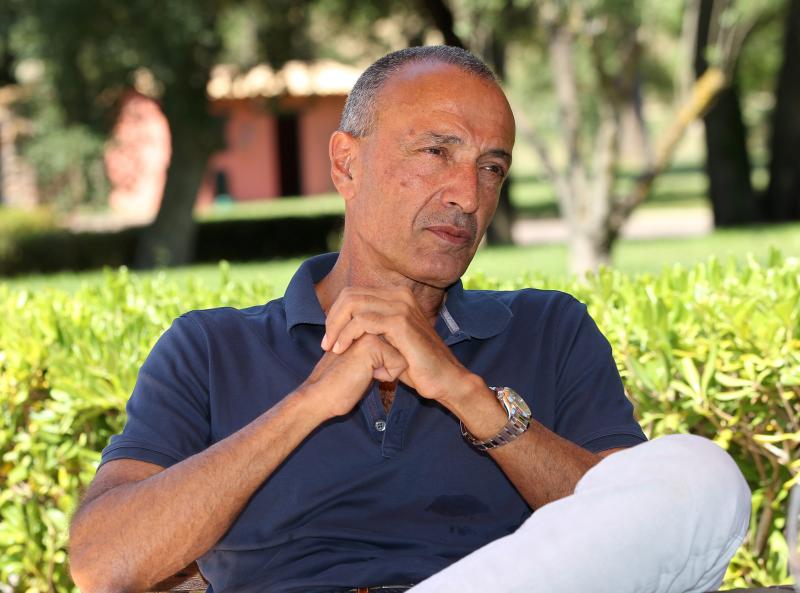In a speech to the Algerian nation, President Abdelmadjid Tebboune launched unusually harsh criticisms against France and its colonial past. Leveraging the "memory rent" strategy of his administration, Tebboune took advantage of French diplomatic apathy and Emmanuel Macron's political vulnerability to deliver a severe rebuke to Paris. He also directly targeted the novelist Boualem Sansal, without naming him, calling him an "imposter" allegedly sent by France.
At the end of the week, rumors circulated in France about the imminent release of the Franco-Algerian novelist, who has been imprisoned in Algerian jails for over a month. However, the Algerian government crushed any hope of a swift release of the writer, accused of revisionist and far-right statements. Without action from Paris, Sansal faces the risk of life imprisonment. Macron, embarrassed, looks the other way.
"He is a political prisoner," responded the French support committee for Boualem Sansal, whose health is fragile, following the Algerian president's attacks. Sansal was arrested in mid-November for allegedly endangering Algerian state security upon his arrival at the airport from Paris, as he headed to his village about 40 kilometers from Algiers.
The diplomatic crisis between the two countries has thus reached its peak. There is little doubt that France's recognition of Western Sahara as part of Morocco is the primary reason behind this ongoing and escalating crisis. The situation has worsened particularly since Emmanuel Macron made a grand state visit to Rabat following this recognition.
France's policy in the Maghreb, long criticized as disorganized and lacking a clear diplomatic direction, seemed to return to the "classic diplomatic framework" of its historical relations with North Africa. However, Emmanuel Macron, already struggling on the domestic political scene, has failed to leave a lasting mark during his years in power. On the international stage, he has accumulated diplomatic failures, stemming from a lack of understanding of local issues and an overtly arrogant political stance, which have further eroded France's presence and credibility abroad.
Economically weakened, France's political influence on the international stage has significantly diminished. Meanwhile, the crisis in the Franco-German partnership within Europe has left the continent more vulnerable at a time when the United States and China are asserting themselves more than ever as the global economic champions and "world policemen."
Please post your comments on:
[email protected]
 Politics
Politics
